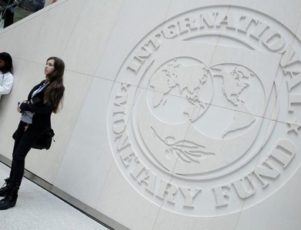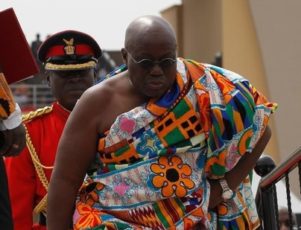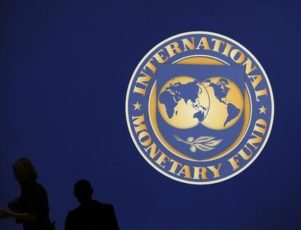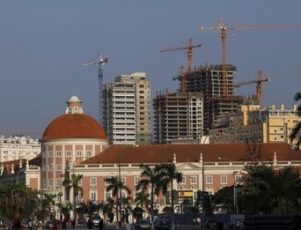NAIROBI (Reuters) – Kenya’s $1.5 bln standby credit facility remains in place until the end of March 2018, but the country cannot access it because conditions have not been met, the International Monetary Fund said on Wednesday, clarifying comments given a day earlier.
“The precautionary… arrangement remains in place until end-March 2018,” the IMF said in a statement.
“Kenya continues to have access to resources since June subject to policy understandings to complete the outstanding reviews.”
On Tuesday, Jan Mikkelsen, IMF representative in Kenya, told Reuters that access to the two-year precautionary facility was lost in June because a review had not been completed due to Kenya’s extended election season.
The two-year precautionary facility, set to expire next month, was put in place in case of unforeseen external shocks that could put pressure on Kenya’s balance of payments.
The East African economy has not tapped the facility, which was preceded by a smaller standby one-year credit line in 2015, as foreign exchange reserves held by the central bank have soared to record highs.
CONCERNS OVER DEBT
“The facility is in place but permission to access it has been withdrawn,” said Kenyan economist Anzetse Were. “This comes at a bad time… we’ve seen Moody’s downgrade us to B2 from B1, and this is particularly important in the context of Kenya trying to raise a Eurobond.”
Senior government officials have just finished a marketing roadshow abroad, and they plan to issue dollar-denominated notes for a minimum of $1.5 billion soon.
The IMF has expressed concern over the fiscal deficit, but government officials have said borrowing is necessary to fund the government’s ambitious infrastructure plans, which were a key plank of President Uhuru Kenyatta’s successful re-election campaign.
Kenya’s total debt has risen to about 50 percent of GDP, from 42 percent in 2013, as it borrowed locally and abroad to build infrastructure like a new railway line from Nairobi to the port of Mombasa.
When Kenya secured the precautionary facility, IMF officials said it was recognition of the country’s stable economic fundamentals, as that type of facility is usually reserved for more developed emerging economies.
By Duncan Miriri
(Writing by Katharine Houreld; Editing by Simon Cameron-Moore)




